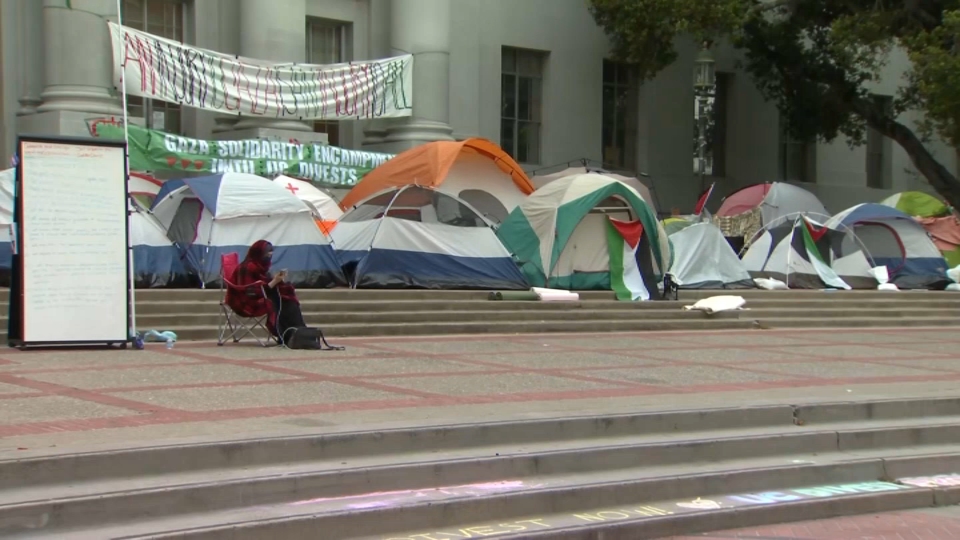Universities across California continue to hold classes, conduct research and transact business in buildings that will fail during large earthquakes, and Southland campuses at particular risk include Long Beach State, Cal State Dominguez Hills and UCLA, an investigative journalism group reported Sunday.
California Watch reported that 1,500 students a day use dangerous buildings at Long Beach State, that have been identified for 18 years as significant seismic risks. But instead of using state money to fix or replace the hazardous structures, California Watch said Long Beach State instead built new buildings.
Three liberal arts buildings at Long Beach State were built in 1954, and California Watch says those structures have lingered on the state's risk list longer than any other structures at the 33 campuses of the Cal State University and University of California systems.
Long Beach State was granted $1 million to strengthen the buildings' walls in 2005, but sat on the money and had to return it to the state, California Watch reported. Long Beach physical plant director Susan Brown said there was a miscommunication about deadlines.
Other potential earthquake Southland deathtraps include the Cain Library at Cal State Dominguez Hills, and UCLA's Darling Biomedical Library, the investigative reporters said.
Between the two state university systems, 7,200 buildings are used by millions of Californians daily. Almost half of the buildings were built prior to 1970, and university building codes were significantly tightened after the 1971 San Fernando Earthquake caused large, modern hospital buildings to crack apart.
California Watch reported that there is no statewide estimate for repairing dangerous buildings from Humboldt to San Diego. But the cost at the 23 Cal State campuses is estimated at $500 million over the next five years.
Local
The report was published by California Watch, a public advocacy journalism program run by the Center for Investigative Reporting in Berkeley.



